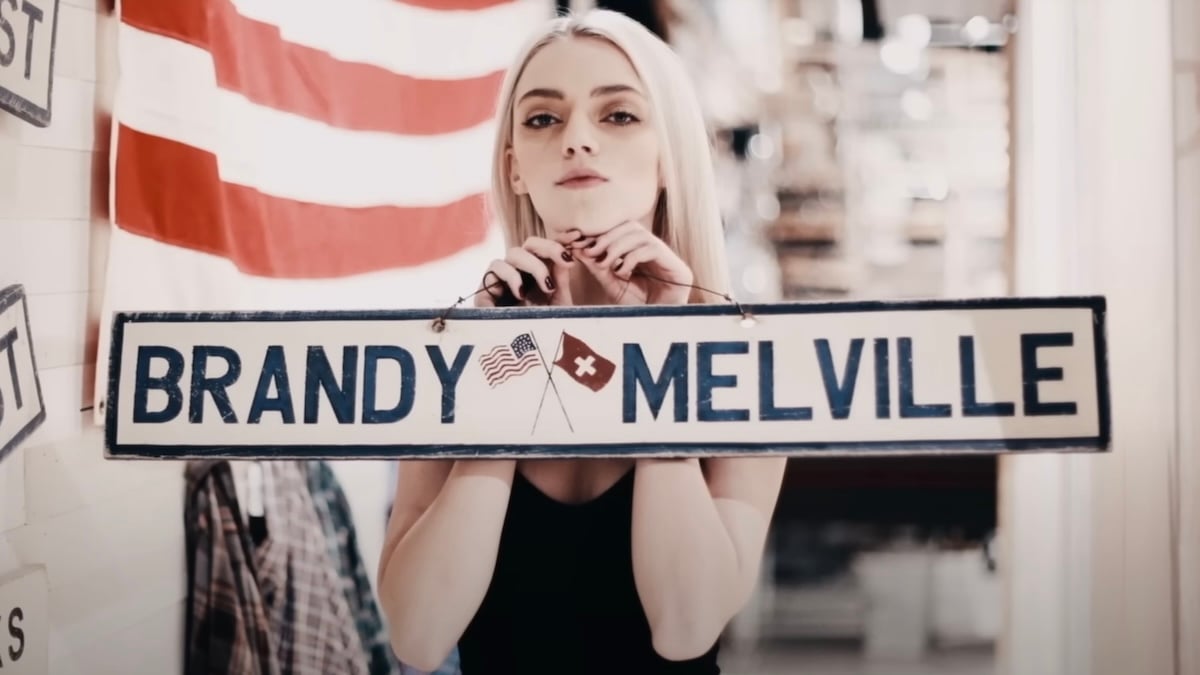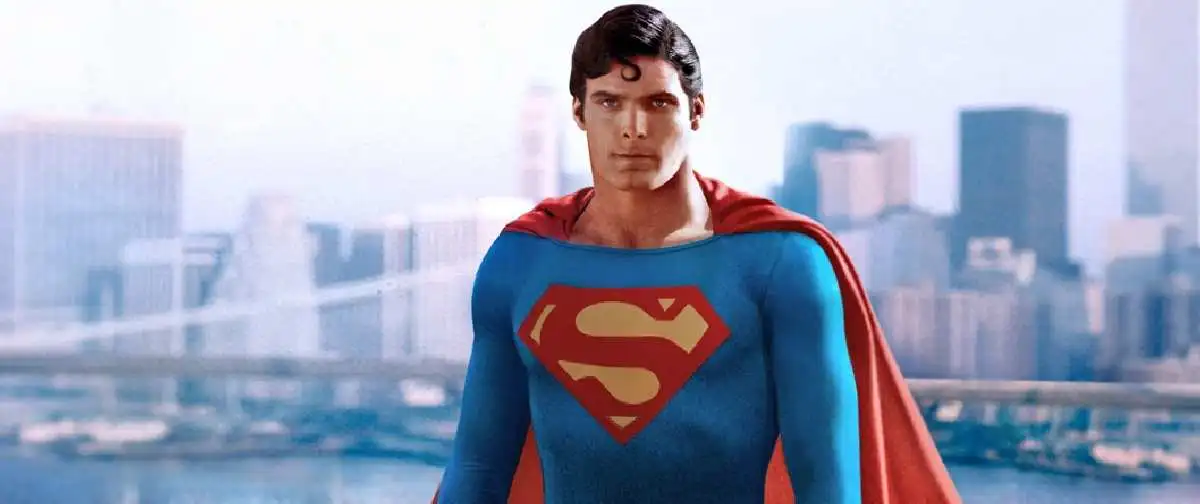You either know about Brandy Melville or you don’t. And if you don’t, maybe you’re better for it. A store designed to keep up the “you should be skinnier” mentality of the world, Brandy Melville has had a lot of issues, and the documentary Brandy Hellville on HBO explains what went wrong.
**Mentions of sexual assault, racism, and antisemitic remarks ahead.**
A literal one-size-fits-all approach to fashion does not work in any sense because all bodies are different. But the mentality presented to us in Brandy Hellville focuses on those in charge using the “popular” girls as their employees and continuing this narrative that young girls always have to deal with—that if you’re not skinny enough, you’re not worth it.
The controversies laid out in the documentary from director Eva Orner include the company stealing designs, its one-size-fits-all narrative forcing its staff into eating disorders, racism among the staff, and how its fast fashion model is helping to contribute to the waste crisis. It’s filled with plenty of information on why you shouldn’t shop there, despite the obvious fact that their clothing only fits one very specific body type. But as the documentary goes on, the simpler controversies are not the only thing that tank whatever reputation the company had. We learn a lot of behind-the-scenes issues that have resulted in many employees quitting, including racism and antisemitism.
This is all tied into a piece from Insider that investigated what was going on behind the scenes of the company.
Racism throughout the company
CEO Stephan Marsan was not interviewed for the documentary, but he was a central figure in the issues of the company as a whole. His blatant racism bled into the vision of the store. There were Black employees who shared their stories of working in the stock room because they were not allowed to be the seen employees on the floor.
Another former employee, who is part Asian, said she was afraid of applying since she only saw white blonde girls working there. “When I applied, it was like a shot in the dark for me, to be honest, because I am part Asian,” the former employee, Emily, said before going on to talk about the blonde white employees that dominated the staff. Emily even stated that she and another POC employee recognized that they were always behind the scenes while the white “model”-type girls were on the sales floor and in promotions.
But then it was revealed by an unnamed former executive how Marsan would talk about the race and bodies of their employees: “With Asians, after they opened in China and the store made a sh*tload of money, Stephan was happy with Chinese people. But with regards to Black people? He didn’t want a lot of Black people.”
Another former executive had seemed to think Marsan’s choice of girls came from what he, himself, looked like. “For Stephan, if they were really light-skinned and red heads, that was like number one, the top of the top,” the unnamed executive said. He then went on to allege that it was because Marsan himself was a redhead. He then said that the store was designed to basically only attract the “elite,” which is a beyond gross thing to say when we’ve spent time learning that they only really wanted white girls.
It has also been stated by multiple employees that Marsan would send out racist images about Black people and even once sent a picture of the cast of Happy Days and said, “There were no Black people in this show—that’s why it was called Happy Days,” as stated in the Insider report.
This is all before it is revealed in the documentary that Marsan would photoshop his head onto Hitler’s body and send antisemitic messages.
Pictures of teenagers working for them
The end of the documentary has former employees talking about their shift outfits. They said they would take full-body images of what they were wearing to work and send them to Marsan and other executives. Throughout that time, it would go from full-body outfit shots to focusing on their chests and other areas, and some former staff in the documentary point out that they never knew what happened to those images or who was getting them.
They would also take pictures of people shopping in the store and send them to Marsan, who would allegedly tell them to hire someone, if he found her to be attractive enough, there on the spot, whether or not she had any kind of experience. It has also been alleged that an employee was sexually assaulted while staying at the Brandy Melville apartment in New York.
(featured image: Max)










Published: Apr 11, 2024 03:52 pm